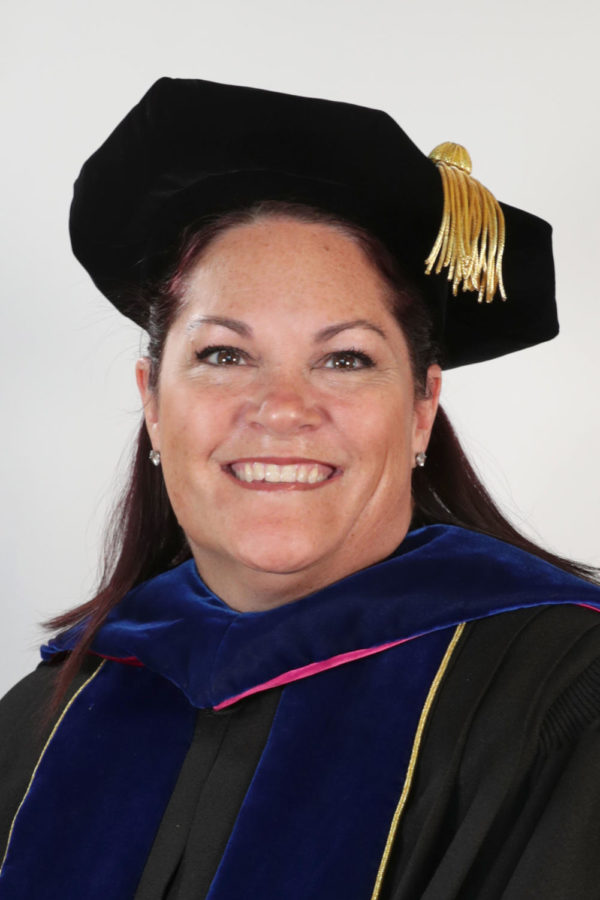The snow is melting, the days are longer and the nights are warmer. With the sun shining for several days now, spring is on its way.
For some Mercyhurst College students, this better weather is a sign of hope to help break out of the blues that seem to accompany winter term. For others, spring’s arrival means that college is drawing to an end.
For seniors, graduation is looming and decisions must be made about the future: Should I be searching for a job? Where will I go? What about graduate school?
By late May, they will need some answers.
Piasha Chanda, a senior from Philadelphia, said she has nothing planned for after graduation.
“My plan right now is to see where the road takes me,” Chanda said, who has also been searching for jobs in the past month. “Almost half of my friends are going to graduate school.”
Chanda also said she is nervous about finding a job. “Things aren’t looking too good right now, economy-wise.”
The economy’s effect was the focus of a story in the March edition of The Atlantic Monthly magazine.
Atlantic writer Don Peck, author of “How a New Jobless Era Will Transform America,” the economy now sits in a hole more than 10 million jobs deep. Peck reported that’s the number required to get back to 5 percent unemployment, the rate the U.S. had before the recession started, and one that’s been more or less typical for a generation. And because the population is growing and new people are continually coming onto the job market, the U.S. needs to produce roughly 1.5 million new jobs a year, about 125,000 a month, just to keep from sinking deeper.
According to Peck, if these trends continue much longer, the era of high joblessness will likely change the life course and the character of a generation of young adults, and quite possibly those of the children behind them as well.
Peck says strong evidence suggests that people who don’t find solid roots in the job market within a year or two have a particularly hard time righting themselves.
Peck’s story cites Krysia Mossakowski, a sociologist at the University of Miami, who has found that in young adults, long bouts of unemployment provoke long-lasting changes in behavior and mental health.
Still, there is hope.
Jean Twenge, associate professor of psychology at San Diego State University, recently wrote in her book, “Generation Me,” that “self-esteem without basis encourages laziness rather than hard work,” and that “the ability to persevere and keep going” is “a much better predictor of life outcomes than self-esteem.”
Twenge adds that many young people might be inclined to simply give up in this job market.
“You’d think if people are more individualistic, they’d be more independent,” she says. “But it’s not really true. There’s an element of entitlement. They expect people to figure things out for them.”
Mercyhurst’s Chanda said she is nervous about graduating — statistics or not — because Mercyhurst College has been her home over the last four years.
“I’m nervous about starting over in a new place,” Chanda said.
“I didn’t think it would be that difficult to find a job. It took me seven months,” Jessica Jelinek, a 2009 Clarion University graduate and full-time teacher at Mercyhurst Preparatory School, said.
“I wish someone would tell me what to do and where to go,” Chanda said. “But those are things I must figure out myself.”
“Deep down, I was nervous to graduate, but on the surface I acted like I couldn’t wait to be done. You don’t know who you’re going to stay friends with, or where you’re going to end up in life…” Jelinek said. “It’s almost as if you’re graduating into the unknown.”
Nervousness about keeping in touch with college friends seems to be a common worry among seniors.
“I’m really bad with keeping in touch. I will probably remain in touch with three or four of my closest friends,” Chanda said.
“I am still friends with a handful of my sorority sisters and two other girls I met in my freshman year,” Jelinek said.
Mercyhurst Graduate student Chelsea Atkins, a 2008 Fredonia State University graduate and student teacher at East High School in Erie, has advice for worried seniors.
“Graduating is a really big adjustment from having your friends with you all the time to living more on your own. Also, work is harder than any class you will ever take,” Atkins said.
“It took me a really long time to adjust to leaving and not being able to see my friends every day, but you can’t live like that forever.”
“College has to come to an end eventually and other things in life become more important. You begin to value other things while becoming closer to other people,” Atkins added. “It’s an adjustment in all areas of your life.”
Atkins said, “A boss once told me that life after graduation is still really fun, but in a different way. I say remain hopeful, persevere and things will work out.”




